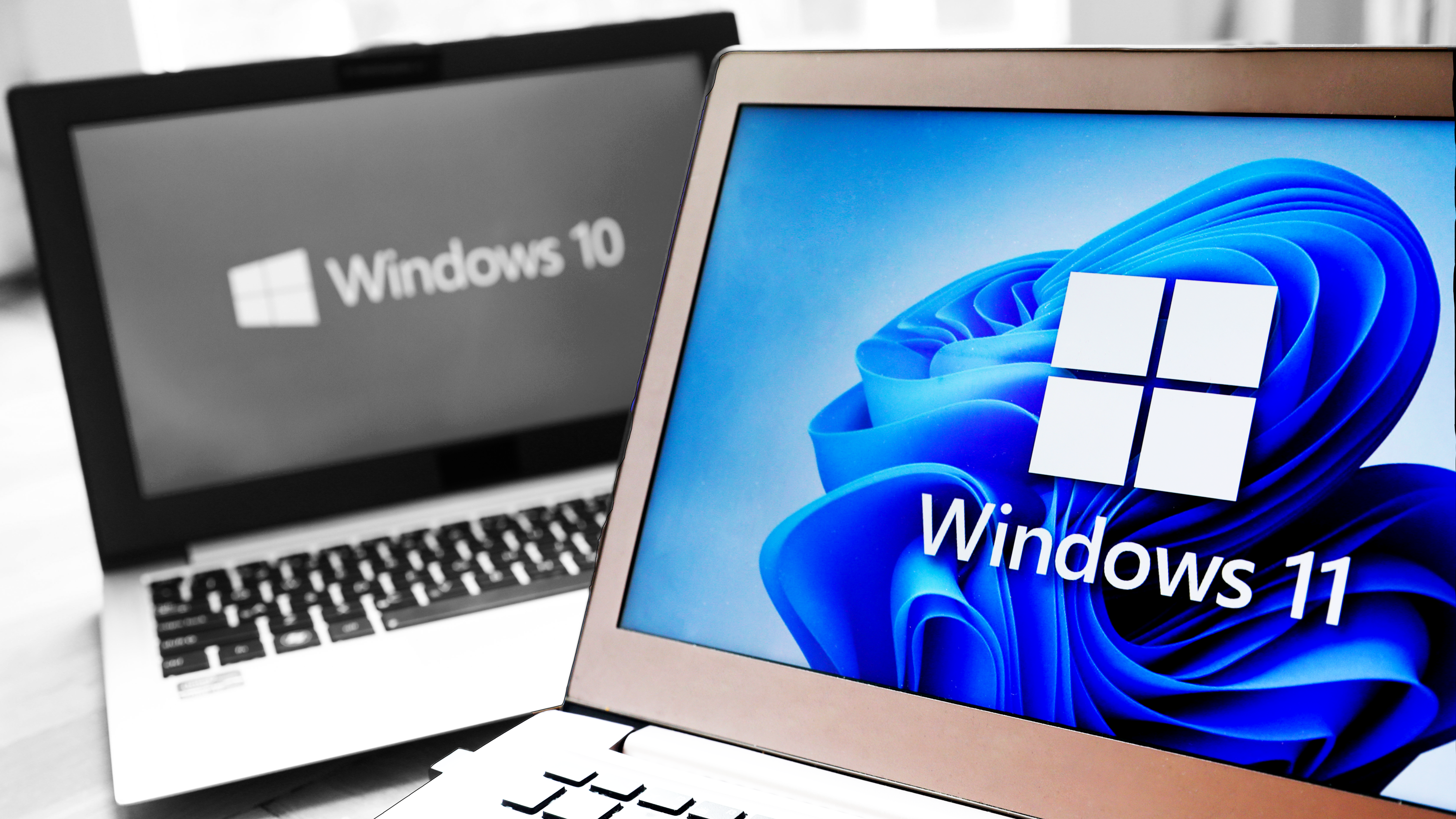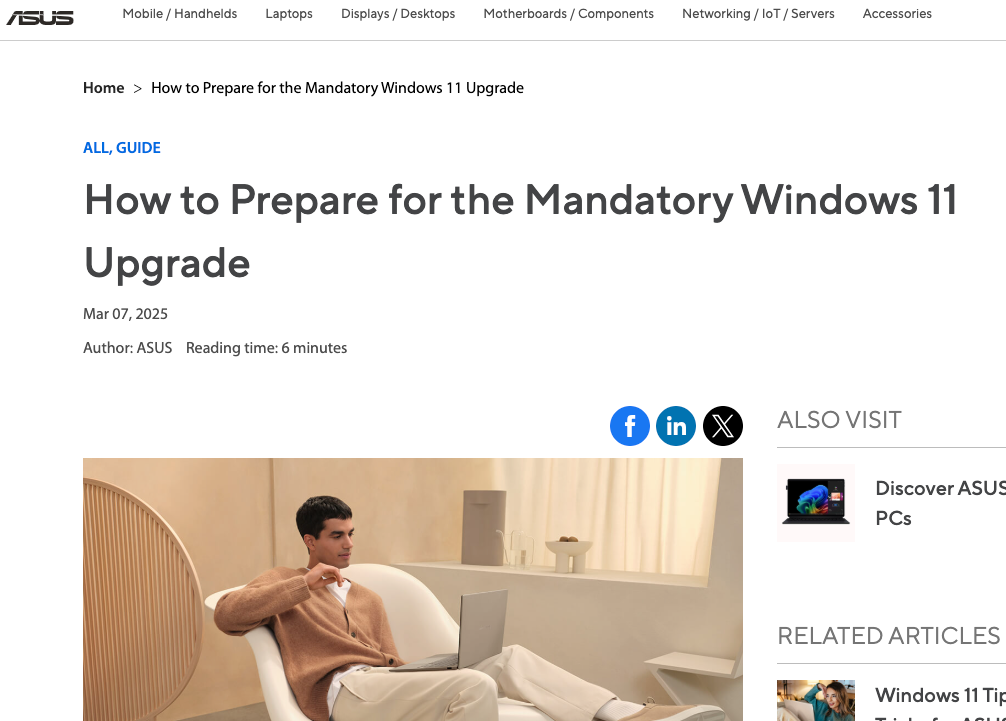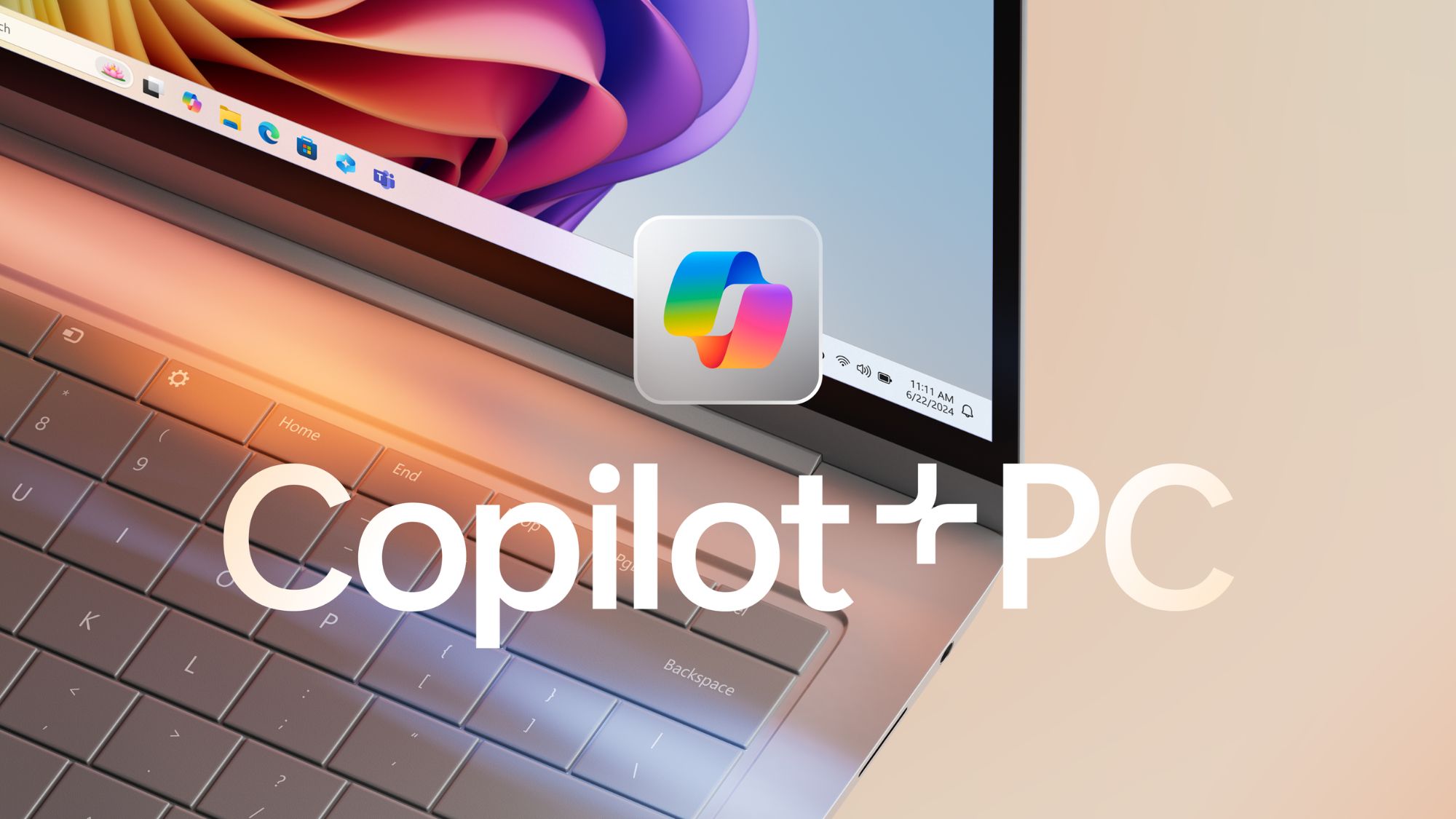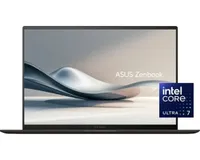The forces urging you to update to Windows 11 are growing — but are things as dire as they appear?
Things may not be as bad as they seem.

Microsoft is ending support for Windows 10 on October 14, 2025. We've been singing the requiem of Windows 10 for quite some time now.
This past March, Asus published a blog post that makes one thing clear: You should update to Windows 11. "With a mandatory Windows update on the horizon, there are essential steps you should take to ensure a smooth upgrade experience."
That same month, Microsoft updated its Windows 11 system requirements (as reported by Neowin, the Microsoft-focused tech news site). Those updated requirements are to support Windows 11 24H2, which will enable the generative AI tool Microsoft Copilot+. AMD, Intel, and Qualcomm now all make silicon that supports Copilot+.
All of which is to say: The forces urging you to update to Windows 11 are growing — but are things as dire as they appear?
Microsoft's end of support for most versions of Windows 10 means the operating system won't get any feature updates, technical support, or security updates. That doesn't mean the operating system will just stop working, but it will put systems running Windows 10 at higher risk for viruses and malware than systems upgraded to Windows 11.
Laptop Mag has examined several workarounds for the End of Windows 10, but they all have steep disadvantages.
So, should you just bite the bullet and upgrade to Windows 11? Let's recap a bit.
Sign up to receive The Snapshot, a free special dispatch from Laptop Mag, in your inbox.
The Windows 11 update isn't strictly mandatory

There are currently several ways to stay on Windows 10 past October 14, including Microsoft's own Extended Support Updates program and Windows 10 Long-Term Service Channel, which can offer full security updates until 2032.
While both the ESU and LTSC options will let you keep running Windows 10, both options come at a price, fiscally and in terms of stripped-down features. So they may not be the most attractive solution.
Alternatively, you could switch to Linux and enjoy all the perks of an open-source operating system while learning a lot about translation layers and software emulation to get some of your favorite applications running.
However, Linux is a lighter-weight operating system that can help keep older hardware running smoothly. So it's a worthwhile option if your current laptop or desktop is rocking hardware too old to meet the stringent Windows 11 upgrade requirements.
If you don't like the idea of having to custom-bootstrap your operating system into working the way you need it to, that's fair. While there are certainly reasons why Linux has a dedicated following, the operating system isn't quite as easy to use out of the box compared to Windows or macOS.
This brings us back to either keeping your version of Windows 10 limping along or caving to the Windows 11 update, which, honestly, may not be as big a deal as the hype suggests.
Windows 11 isn't even that bad

Look, all software eventually becomes old and outdated and gets replaced by a new version. That's just the tech lifecycle.
While Windows 11 is not a perfect operating system, it's pretty easy to use and set up out of the box. It looks more Apple-y than Windows 10, but all your necessary Windows 10 features made the jump, though some have found new homes. But it doesn't take long to get oriented with the new operating system.
You can also opt out of or uninstall any Microsoft programs you don't want to tangle with, like OneDrive or the controversial Recall system on Copilot+ PCs. And you never need to use the Copilot chatbot if you don't want to.
The problem most have with Windows 11 is the strict hardware requirements. You need a GPU capable of running Microsoft's DirectX 12 API and a CPU that runs at 1GHz or faster, with more than two cores, and compatible with a 64-bit operating system.
This essentially means you need an Intel chip that's newer than the 10th generation or an AMD processor that's newer than the 3000 generation.
The Asus Zenbook S 14 (UX5406) is our top choice for Best AI PC, boasting responsive performance, a vivid OLED display, a sleek design, powerful audio, a quick SSD, and almost 14 hours of battery life.
Our Review: ★★★★½
Should you upgrade anyway?

Given the Windows 11 hardware requirements, a lot of folks will need newer hardware to upgrade.
However, the CPU requirements only really make an impact on hardware that's five to seven years old. While that's not a great look for Microsoft, that older hardware has aged past the usual tech hardware upgrade cycle of about four years.
So maybe you just need a new laptop or desktop, and you've been putting it off for too long.
Even if you don't want all the AI features of a Copilot+ PC, plenty of non-AI options would still get you all the benefits of Windows 11 without the hassle of trying to hold on to Windows 10 for another decade.
Plus, there are rumors that Windows 12 is around the corner. So maybe this whole discussion will be redundant in a few months, anyway.
More from Laptop Mag
- Microsoft may give Copilot a literal face with Live Portraits in its push for personal AI
- Make AI videos for free with OpenAI's Sora in Microsoft Bing
- This classic Windows program is finally getting features you’d expect in 2025

A former lab gremlin for Tom's Guide, Laptop Mag, Tom's Hardware, and TechRadar; Madeline has escaped the labs to join Laptop Mag as a Staff Writer. With over a decade of experience writing about tech and gaming, she may actually know a thing or two. Sometimes. When she isn't writing about the latest laptops and AI software, Madeline likes to throw herself into the ocean as a PADI scuba diving instructor and underwater photography enthusiast.

